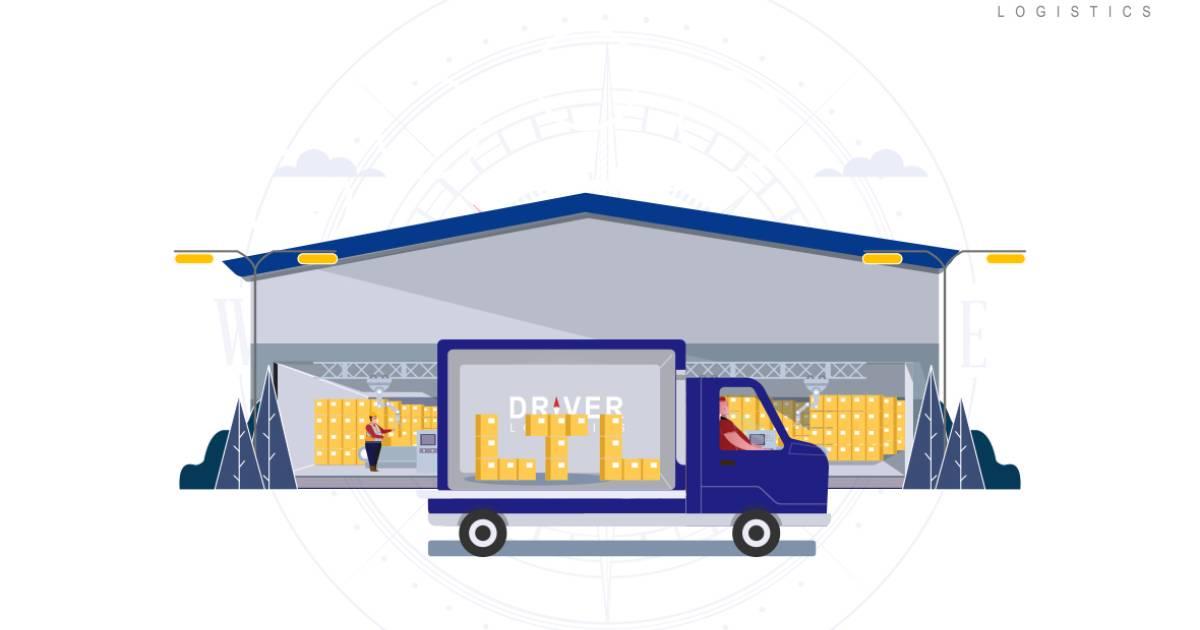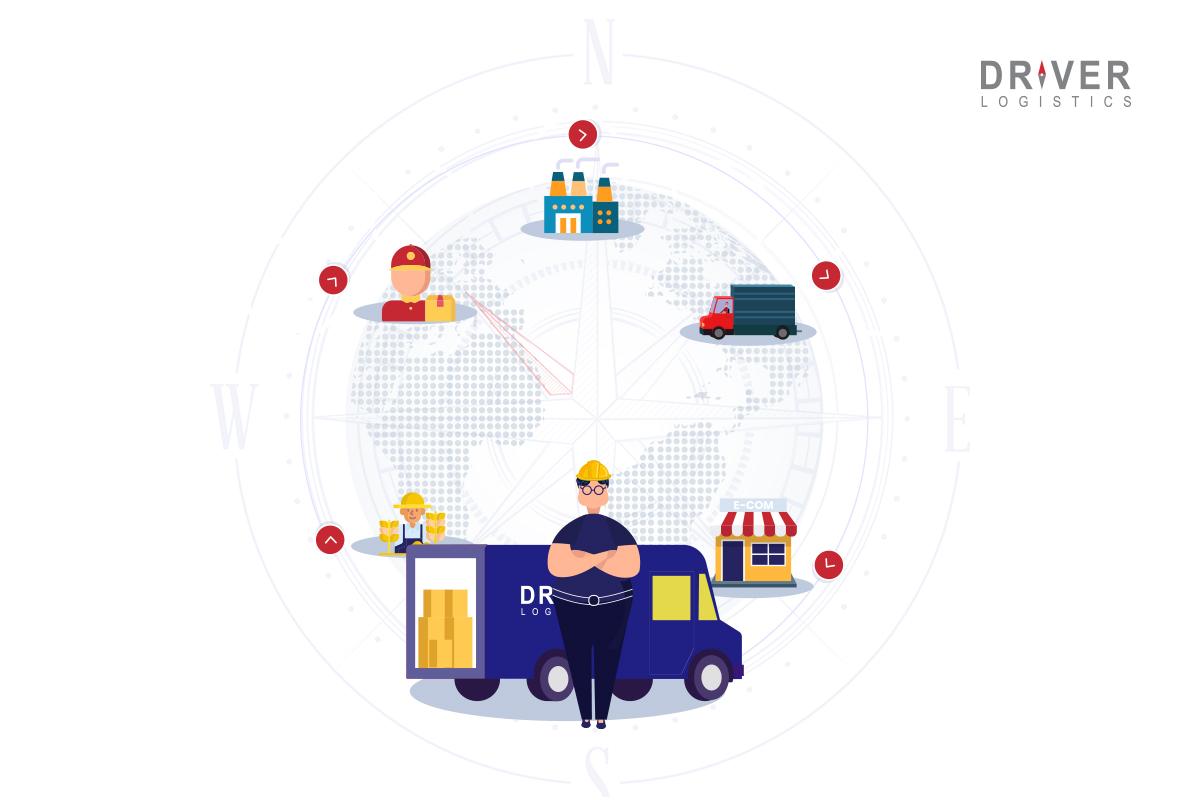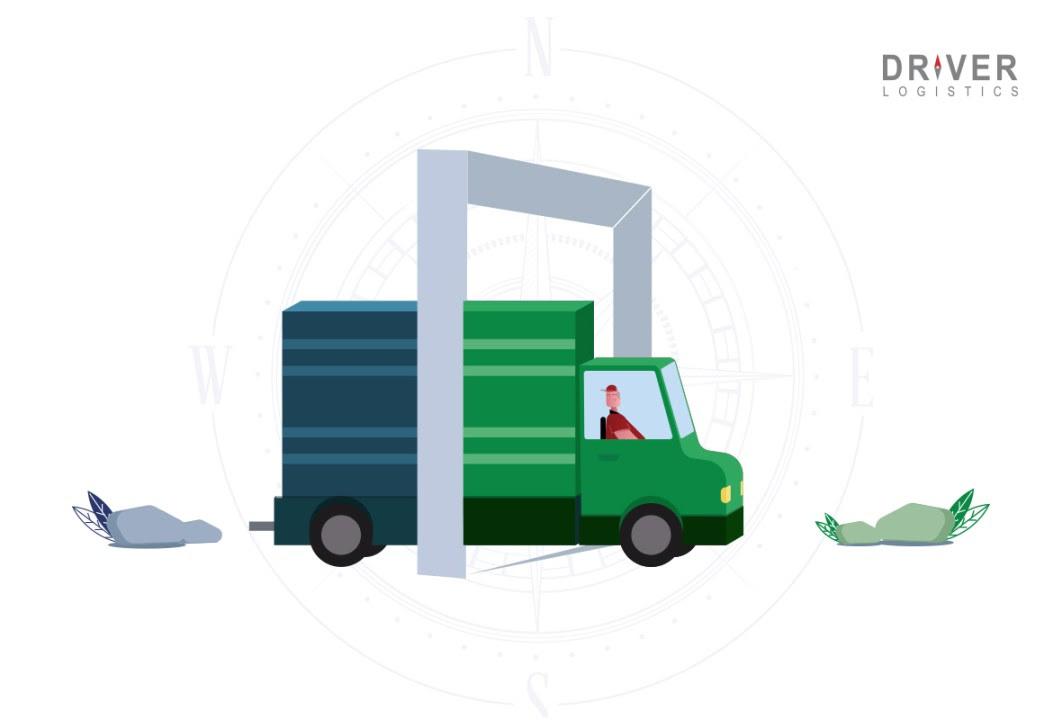
Consumer behaviour is changing. They have higher demands & expectations when it comes to eCommerce & delivery. They look for more convenient pickup and delivery alternatives, an increasing desire for accurate, real-time visibility of their orders, and simple, low-cost transportation purchasing options.
You need a high-end supply chain solution to enhance your freight. With each passing day, customers want more responsiveness and faster deliveries. Whether you're exporting locally or nationally, it may be a tedious and time-consuming operation. Compared to other transportation types, LTL shipping helps you get your cargo to its destination faster and more effectively.
What is LTL?
LTL freight is the transportation of items or goods that do not require a full truckload. LTL shipments are typically palletized and weigh anything from 150 to 10,000 pounds. Because of the reduced freight weights, multiple independent shipments are often transported on a single-vehicle.
Read More: Top Fleet Management Trends for the Fast Moving Consumer Goods Industry
How Does LTL Shipping Work in Logistics?

LTL carriers specialize in maximizing the efficiency of their loads to transport more products for more shippers. LTL shipping is popular among shippers because it provides flexibility, cost efficiency, and environmental friendliness. LTL shipments, on the other hand, can be somewhat tricky. Your freight will be picked up and delivered alongside cargo from other shippers when shipped to LTL.
Loading and unloading are optimized at the terminal by load planners. This saves you money because you pay only for the portion of the truck your freight uses. Usually, the first delivery is the business closest to the terminal. Once the driver makes all of the deliveries for the day, they will move to pick up. The first pickup location is usually the business farthest away from the terminal. Drivers will work their way back to the terminal once fully loaded.
Benefits of LTL in Logistics
Gaining a better understanding of the advantages of LTL freight can help you get the most out of your shipping experience. Let's get started on the advantages of LTL freight!
Low Transportation Cost
A whole truckload of LTL freight is made up of multiple smaller shipments. When a single firm sends its items, filling a truck to its maximum capacity might be challenging. Smaller loads or partial shipments from different firms use less fuel and fewer vehicles to convey their merchandise. You only pay for the space you utilize because your package only takes up a percentage of the truck's allotted space. This guarantees that your costs will be a fraction of those of a typical full truckload transport. Choosing to transport your goods in smaller loads alongside other firms reduces everyone's shipping costs.
Multiple Shipping Options
The majority of LTL shipping firms provide several different shipping options. These choices help you schedule your shipments more efficiently. Listed below are a few examples:
Expedited shipment: If you need your items sooner than the standard travel period, expedited shipping is an option. This is a more costly option. It is, nonetheless, beneficial for an emergency delivery.
Liftgate: If your shipment is heavy, a liftgate is the best solution. Consider utilizing a translucent dock for products if the receiving site lacks one.
Limited access: This type of LTL is suitable for areas where access is restricted due to safety issues. As a result, you should employ this distribution method for your construction sites or rural places.
Bespoke Delivery Window — You can choose custom delivery windows for shipments that must arrive within a specified time frame. This shipment enables you to handle your transportation in a cost-effective and practical manner.
Eco-Friendly Shipping
For an increasing number of firms, environmental sensitivity is becoming a must. It's crucial to discover eco-friendly alternatives when considering the current rate of climate change and carbon impact. Fortunately, LTL shipping is one of the most ecologically friendly options available. LTL assists transportation companies in being much more environmentally friendly by reducing the quantity of gasoline and vehicles necessary for shipping. Try employing LTL freight transportation if you're looking for a simple way to make your shipments more ecologically friendly.

Ideal for eCommerce
In an age where eCommerce has become the standard, businesses must ensure that their delivery methods are compatible with their consumers' demands. Using LTL shipping assures that your freight or inventory arrives at its destination on time and in perfect condition. By avoiding the requirement for each shipment to fill a full truckload, LTL shipping increases efficiency and delivery times.
Beneficial for Small Businesses
LTL shipping is extremely beneficial to small businesses. Small firms, on average, transport fewer items and spend less money on freight than significant corporations. LTL shipping enables small firms to use professional shipping services while avoiding the high expenditures of empty space.
Recommended Reading: Exploring the Possibilities in Supply Chain Transparency: Defining Structure & Steps for Improvement
Best Methods to Build an LTL Strategy
Almost every shipper confronts the same logistical dilemma: how to efficiently route freight that is more than six pallets but not enough for a full truckload. Because of the empty space, choosing a full truckload service may be a less environmentally responsible option if you do not have a complete load to send. Here are the three best ways to implement an LTL shipping method into your business to improve sustainability & efficiency in truck loading.
Implement A Transportation Management System
A transportation management system (TMS) provides shipment optimization, visibility, business analytics, and global supply chain talent are all provided by a transportation management system (TMS). These systems help you save money, increase efficiency, and gain a competitive edge in your global supply chain.
Every LTL cargo should be inspected by a TMS to determine whether it can be coupled with other loads on neighbouring routes. It then uses this information to create multi-stop complete truckloads of freight.
A TMS's knowledge can assist your company in selecting an LTL carrier, receiving accurate prices, appropriately optimizing items and routes, and answering any issues you may have along the road.
Use LTL Consolidators
You can't combine freight until you have a lot of LTL volume, regardless of how good your software is. Fortunately, with the support of freight consolidators, even tiny volumes may ship via LTL.
LTL freight consolidation businesses collect partial loads from various shippers and combine them into complete truckloads at their consolidation facilities. Using LTL consolidators increases efficiency and reduces costs.
Individual LTL orders from different shippers are blended into a complete truckload to give shippers dependable, on-time national delivery for their partial shipments. Freight frequently arrives at the consolidation facility and is sent within 24 hours. Despite their busy nature, these warehouses handle freight less often than a typical LTL shipment, reducing the risk of damage and claims.
Provide Accurate Information By Utilising ERP Software
LTL freight transportation is a real logistical solution that your company should know. LTL freight may be incredibly efficient and cost-effective depending on your company and your most common shipment types. Keep up to date on how the LTL business operates and how it might assist you to optimize the effect of LTL shipments. Having this data on hand might help you figure out what measures to take next to get the most out of LTL freight.
ERP integration is one of the top-notch solutions to keep your data in sync and ensure a seamless transaction. Provide accurate information across your supply chain by using a robust ERP integration solution that fits your business requirements.
Relevant Reading: Maximizing Efficiency: How to Optimize Your Last-Mile Delivery Process
It may be a tedious and time-consuming operation, whether you're exporting locally or nationally. Compared to other transportation types, LTL shipping helps you get your cargo to its destination faster and more effectively. When you ship a product with an LTL carrier, you can be confident that it will reach good shape at its final destination. With today's technology advancements, you can even keep track of your package and its whereabouts. This holds LTL shipping firms accountable for reaching their promised delivery dates while also informing you about your item's position.